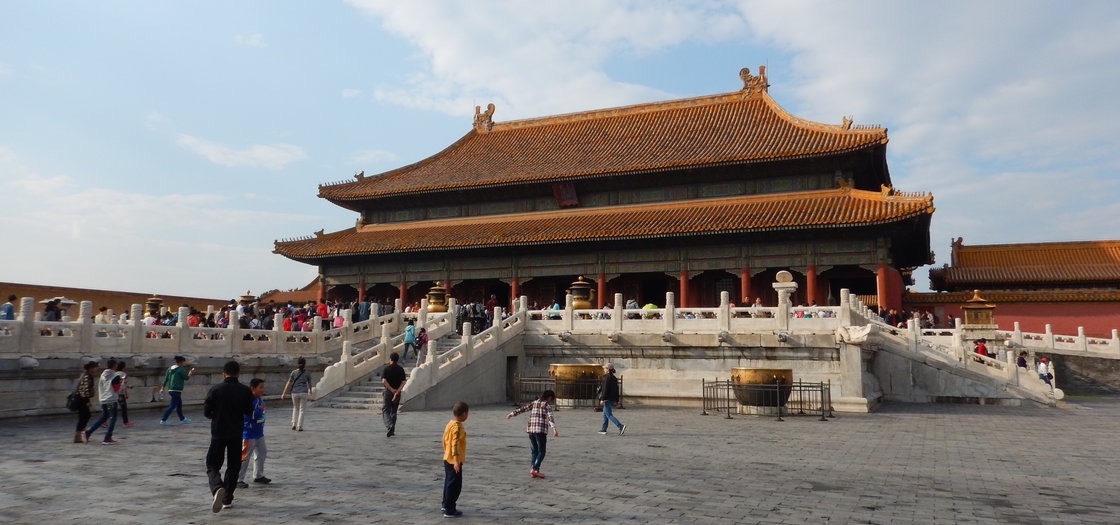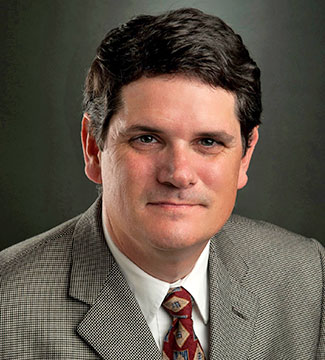Japan Perspectives Program

The Japan Perspectives program gives students a once-in-a-lifetime opportunity to immerse themselves in one of the world’s most fascinating societies. The four-week program, split between the historic Kyoto and the megalopolis Tokyo, is designed to integrate travel, classroom learning, curated excursions, and purposeful social engagement to help students better understand Japan’s history, economy, religion, and culture. Yes, students will eat incredible food and enjoy the island nation’s unique pop culture, but even more importantly, the cross-cultural experience will make students more empathetic, nuanced in their worldviews, and aware of their own cultural preferences and biases. Key to this learning process is the student’s openness to listening, engaging, and being curious.
The Japan Perspectives Program is designed for:
- Students pursuing global-minded vocations
- Students who want to better understand the incarnation of Jesus in a Japanese context
- Students who understand that the 21st century economy is highly globalized and requires professionals that understand the role of Asian businesses, culture, and history
- Students who want a fun-yet-academically rigorous study abroad experience
Program Dates
May 6, 2024 - June 1, 2024
The dates listed above are planned group flight departure dates from LAX and in-country return departure date.
Costs
Tuition: $2,070 per unit (same as Malibu tuition per unit)
Housing & Food: $2,696
Program Specific Costs:
- Global Health Fee: $100
Course Requirements
4 unit minimum requirement.
Summer 2024 Japan Textbook List
Course Offerings
ECON 211 Introduction to Macroeconomics (3)
GE: Human Institutions & Behavior
An introduction to the principles of economic analysis, institutions, issues, and policies. Emphasis is on national income, monetary and fiscal policy, international trade, resource allocation, and income distribution through the price system.
REL 300 Christianity and Culture (3)
GE: Christianity and Culture
Illuminates and evaluates how Christian scripture, theology, history, and practices interact with perennial human concerns, with a course-specific focus. Prerequisite: REL 200 or REL 102.
REL 599 Directed Studies (1–4)
Consent of divisional dean required. Directed study in any area of emphasis within the division.
HUM 295 Enriching the International Experience (1)
This course is designed to enrich the student’s international experience by providing opportunities to engage more fully with the culture and to reflect more deeply on the experience. It is the goal of this course to help students know how to look at and listen to their new culture and how to give meaning to their international experience. Taught only in International Programs. May be repeated in a different location. Cr/NC grading only.
Program Faculty Directors

Professor Charlie Engelmann
Director, Asia Program | International Programs
Office: TCC 133
Charlie Engelmann was the director of Pepperdine’s Shanghai International Program for eight years and is currently supporting efforts to expand the university’s programmatic offerings in Asia. Charlie is a graduate of Seaver College (2001) and an alum of the Heidelberg program, where his love for travel and cross-cultural learning first began. Upon graduation, Charlie moved to China, where he lived for a total of 15 years. On his many trips to Japan, Charlie fell in love with Japanese culture, history, and food (especially ramen!). Charlie also teaches Macroeconomics (Econ 211) and the International Experience (HUM 295). In both classes, his focus is on integrating relevant academic knowledge with students’ outside-the-classroom experiential learning while in Asia.

Dean Ron Cox
Dean of International Programs | Professor of Religion
Ron Cox is the dean of International Programs as well as professor of religion at Seaver College. Dr. Cox was faculty-in-residence in Florence (2009/2010, Summer 2014), London Religion (Summer 2015), and Heidelberg (2016/2017); he was also faculty-director for summer 2019 Jordan MESP and summer 2022 Uganda programs. He is excited to work with students and Charlie Englemann in the Japan program because of the unique opportunities to encounter the Japanese people, culture, and institutions that will contribute substantially to Seaver students' education and lives.